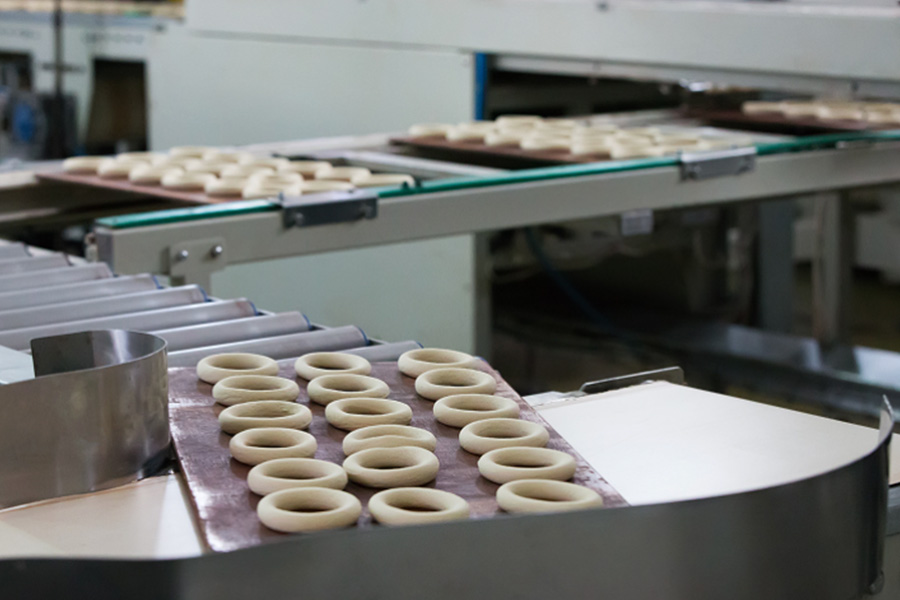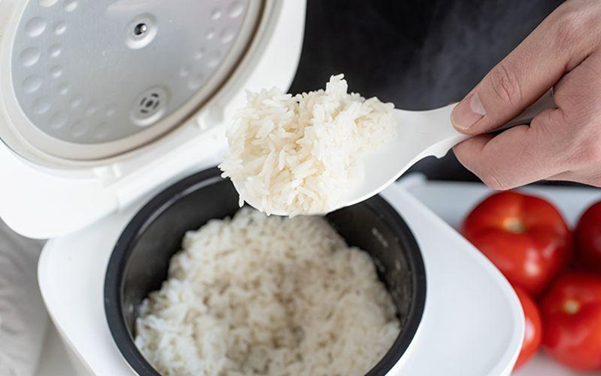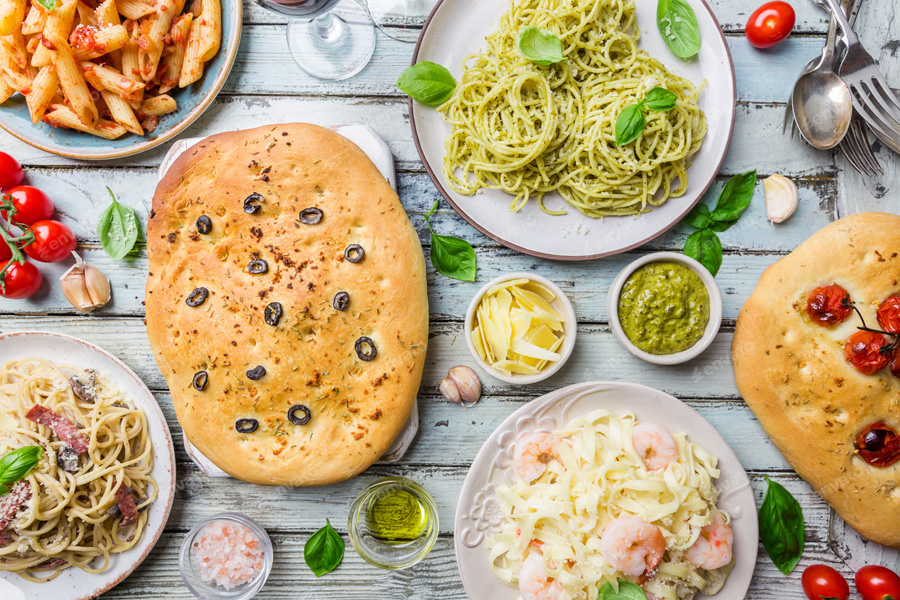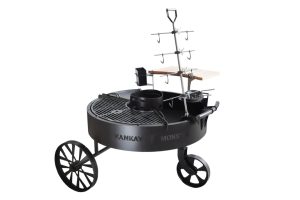Why Singapore’s Freehold Food Factories Are Trending Right Now
You probably don’t think “food factory” and “prime investment” belong in the same sentence. Amidst rising demand for secure, strategic real estate and increasing costs of leasehold spaces, the idea of owning a freehold food factory is exploding. Whether in food production, logistics, or just scouting promising industrial property, Singapore’s food factory scene is bubbling with opportunity, intrigue, and a few myths waiting to be busted. Let’s unpack what’s real, what’s not, and why food factories in Singapore might be the unsung heroes of your next smart move.
Is a Food Factory the Right Fit?
Assess whether owning or leasing a food factory in Singapore aligns with your business model. Are you producing food products that require HACCP-certified facilities? Do you need cold storage, cleanroom-grade surfaces, or logistics infrastructure?
Many of Singapore’s newer facilities, especially in freehold developments, come with modular layouts and flexible zoning. Consider whether proximity to ports or central regions like Pandan Loop or Senoko is crucial for your distribution, or if outer areas offer better affordability without sacrificing access.
Also, explore the licensing implications. Singapore’s Agri-Food & Veterinary Authority (AVA) regulations can be strict. Choosing a food factory already pre-approved or one with a compliance track record can save you months in setup. Those looking to rent a food factory in Singapore should clarify which utilities, maintenance costs, and approvals on the tenant versus the landlord.
Common Oversights in Site Visits
It’s easy to focus on square footage and overlook key operational elements during site inspections. Take five minutes to check the floor’s drainage slope.
Test exhaust and ventilation systems for odour control. Confirm electrical load capacity, especially for high-powered equipment. Ask about the last pest control audit that was conducted. These quick checks can prevent long-term operational headaches and help you spot value in places others dismiss.
Prospective buyers often skip these due diligence steps and wind up with major retrofitting costs. Smart investors know that a few questions now can save six figures later.
Freehold vs Leasehold
Here’s where the conversation turns strategic. Freehold food factory spaces are rare in Singapore, where leaseholds (30 or 60 years) dominate industrial real estate. Freehold properties give ownership security and long-term asset value, which is particularly appealing to SMEs for stability, or foreign investors who see Singapore as a logistics hub.
The challenge? They’re often snapped up before even hitting the open market. New developments, especially those zoned for food production, are limited due to space constraints and environmental regulations.
That scarcity makes freehold food factories an asset class with growing prestige and increasing prices. If you’re planning to lease, you’ll likely face annual rental escalations, but with ownership, that volatility disappears.
Do You Need a Factory?
Many startups and small-scale producers can operate from shared commercial kitchens or licensed central kitchens until they scale. Leasing or buying a factory too early can lead to underutilisation, wasted capital, and logistical inefficiencies.
Conversely, some entrepreneurs avoid factories assuming they’re too expensive or restrictive, only to later struggle with regulatory compliance in smaller spaces. The key is scalability: choose a solution that fits your current size but allows for growth and don’t assume a one-size-fits-all path to production success.
Watch the Trends
What’s trending in food factories in Singapore right now? Sustainability. Developers are incorporating solar panels, energy-efficient lighting, and waste-reduction systems to attract environmentally-conscious tenants.
Automation is also on the rise, especially with central kitchens that cater to food delivery services. Expect growing demand for factories that support robotics, cloud kitchen logistics, and dark store fulfilment. As e-commerce and food tech expands, the line between food factories and logistics hubs is blurring, and this hybrid space is becoming more desirable.
If you’re eyeing freehold food factory options, be prepared to act fast. Listings are snapped up within weeks, often after soft launches or private previews. Get on pre-registration lists or work with industrial property agents who specialise in the food sector.
Conclusion
Singapore’s food factory scene is far from a stale topic. It’s one of the most dynamic intersections of real estate, logistics, and food tech growth in Southeast Asia. Whether planning to rent a space to get started or looking for a long-term play in a freehold food factory, it’s a market rich with options, but one that demands sharp insight and decisive action. Don’t be swayed by flashy listings alone. Consider drainage, licensing, proximity, and compliance. Remember, a food factory is the operational heart of your brand, your logistics, and your growth.
If you get it right, it could be your smartest business move yet. Contact EcoFood@Mandai today.





Post Comment
You must be logged in to post a comment.